Worst Food Fraud Items Slideshow
The classic kids' bedtime drink has been found to be watered down with cane sugar, water, and urea in places like India, while milk fat has been replaced with vegetable oil in South America. The worst cases involved milk adulterated with detergent, formaldehyde, and in one instance, machine oil.
Honey
It makes sense that honey, with the depleting population of bees, will gradually become more expensive, so producers looking to make an extra buck may mix subpar honey with beet sugar, sugar syrup, and high-fructose corn syrup. Interestingly enough, however, the most common cases of adulteration in 2012 involved non-geographically specific honey migrating into small-batch honeys. So a bottle of tupelo honey might not all be tupelo, and that local honey might not be too local after all.
Ground Coffee
Ground coffee is perhaps the easiest to tamper with, as studies have discovered twigs, roasted barley, soy beans, chicory powder, rye flour, potato flour, acorns, roasted corn, cereals, and ground parchment in all sorts of coffee. Fortunately, there's one easy save: buy whole coffee beans and grind them yourself. Your taste buds will also benefit.
Olive Oil
Olive oil, especially extra-virgin olive oil, has been a notoriously tricky product. We've read instances of virgin olive oil being mixed with extra-virgin, or worse, supposedly extra-virgin olive oil being replaced with less expensive vegetable oils, like palm oil, sunflower, or sesame, and in most cases, hazelnut oil. Other cases involve non-Italian bottles posing as Italian extra-virgins.
In one particularly terrible case in China, olive oil was even replaced with "gutter oil," the remaining oil after cooking. In another case, extra-virgin oil was partially replaced with lard. Lovely.
Seafood
Seafood mislabeling has long been a problem in the industry, especially since nowadays, a fish is hardly served or sold whole. In fact, late last year Oceana released a study finding that 39 percent of seafood samples in New York City are mislabeled.
The most common case of mislabeling involves escolar, which is often sold as white tuna or butterfish. Escolar, which is banned in Italy and Japan, can actually cause food poisoning, with its oily textures and wax esters. Sometimes, it is even labeled as albacore.
Puffer fish was also found to be labeled as monkfish (probably to evade trade restrictions with the potentially deadly fish), while shrimp were often credited to the wrong source. And while these instances are worldwide, in America, fish labeling is still a huge problem. In New York alone, 100 percent of the fish samples from 16 sushi restaurants were mislabeled in the Oceana study, while 58 percent of 91 outlets sold mislabeled fish.
Spices
Much like coffee, spices are susceptible to filler additives that lessen the quality of the spices overall. Saffron gets replaced with flowers, corn silk, chalk, starch, and sugar; turmeric gets mixed in with saw dust, yellow clay, starch, and chalk powder; chili powder samples contain almond shell powder or sand. The worst instances? Brick powder for chili powder. Meanwhile, most or all of these spices tend to have color additives mixed in.
Lemon Juice
According to the U.S. Pharmacopeial Convention, it's difficult to find true 100 percent lemon juice. Oftentimes, producers will mix in water, sugar, citric acid, or bergamot juice. The solution: Buy and squeeze your own lemons.
Maple Syrup
While Vermont's MAPLE act planned to make selling fake maple syrup a felony, reports show that "pure maple syrup" often included water, cane sugar, maple flavor, beet sugar, and, of course, high-fructose corn syrup.
Tea
That calming cup of chamomile might not be everything you think it is: Reports have found tea products containing regular plant leaves, copper salts, starch, sand, china clay, and colored saw dust, not to mention previously used tea leaves.
Fruit Juice and Jams
Pomegranate juice was pinpointed as a commonly tampered-with juice, as pear and grape juice often found their way into the supposedly healthy products. Other instances of food fraud, however, are a bit more alarming. Some reports found that foreign manufacturers would sneak in more dangerous, cheaper clouding agents that make juices and jams look more appealing (the more expensive, but legal, option would be palm oil).
In one instance, records found the plasticizer di(2-ethylhexyl) phthalate (DEHP) added to juices and jams, a product actually used in plastic casings. DEHP was discovered in 206 products exported to 22 countries, not to mention 877 products from 315 companies. In Taiwan alone, an estimated 4,000 victims were affected
